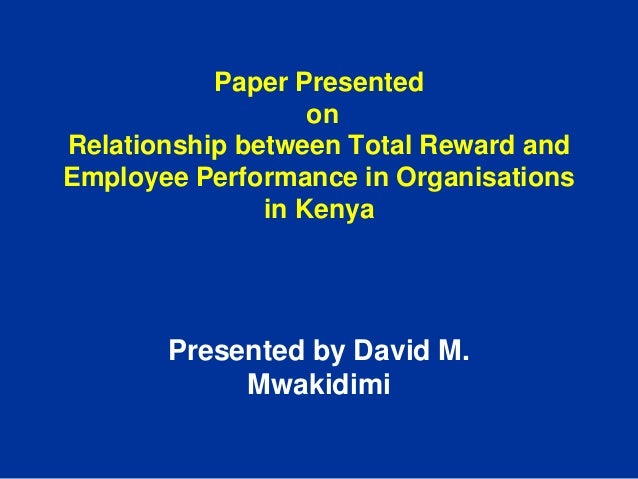Intrinsic And Extrinsic Rewards Cipd

Intrinsic rewards are the non physical rewards.
Intrinsic and extrinsic rewards cipd. Dennis coon and john mitterer explain that intrinsic motivation occurs when we act without any obvious external rewards. They are usually offered by the individual s immediate manager who decides upon them. They cannot be seen or touched but are emotionally connected with the employees. Extrinsic rewards are usually financial or tangible rewards which include pay promotion interpersonal rewards bonuses and benefits zaman 2011.
Extrinsic rewards can also include intangibles such as the ability to work remotely or an invitation to participate in a mentoring program. The behavioural science of reward examines the potential contribution of behavioural science in four areas base pay variable pay pensions and benefits and executive reward and explores what the behavioural perspective can offer reward professionals and identifies implications for practice. With these issues in mind the cipd asked john purcell academic adviser at acas and sue hutchinson senior lecturer in hr management university of the west of england to investigate more closely whether reward and performance management policies take account of the fact that they are delivered in the main by line managers and how line managers are selected and trained to undertake their. An extrinsic reward is a tangible and visible reward given to an individual or an employee for achieving something.
Intrinsic rewards include personal satisfaction pride and self respect from performing the task. Intrinsic rewards are the psychological benefits each employee gains from making a meaningful contribution through their work. Extrinsic rewards are tangible covering pay bonuses and benefits. They usually have monetary value such as a salary hike bonus award or public recognition.
Stoner and freeman 1992 defined intrinsic rewards as the psychological reward that is experienced directly by an employee markova and ford 2011. These rewards are. This factsheet explores the purpose of reward and how employee responses may vary depending on different contexts. Intrinsic reward is directly related to job performance as a successful task.
The most effective reward packages are aligned with the needs of the business staff wants and reflect the organisation s purpose and performance. Review each type of need and evaluate what meets each kind of need. Extrinsic rewards include money grades prizes and awards that are external to a person. But for decades our understanding of the role of extrinsic reward in motivation and especially how it works alongside intrinsic rewards the psychological benefits employees gain from making a meaningful contribution to their workplace has been patchy.
Our report show me the money.













